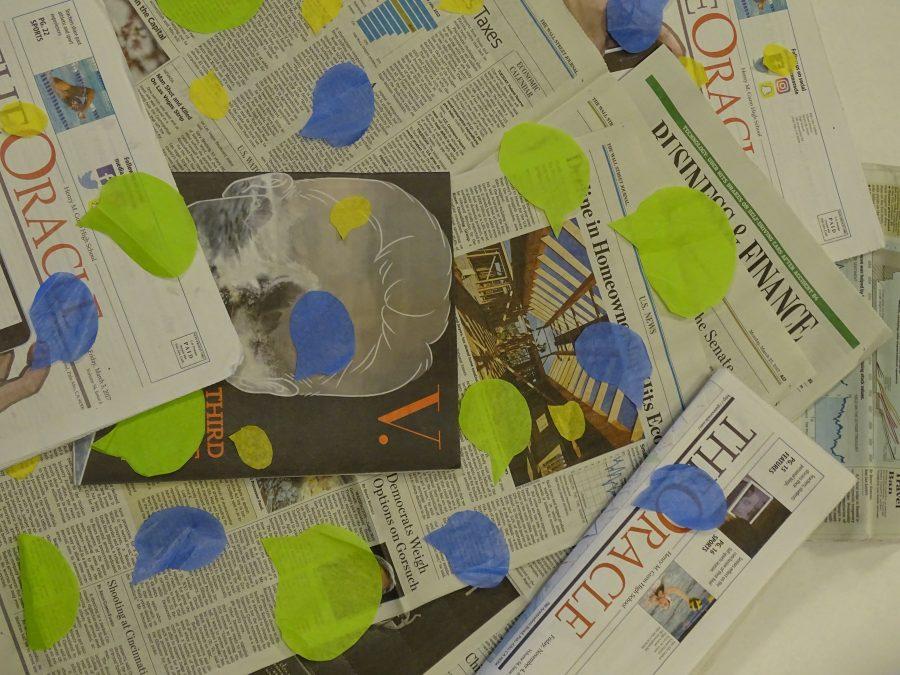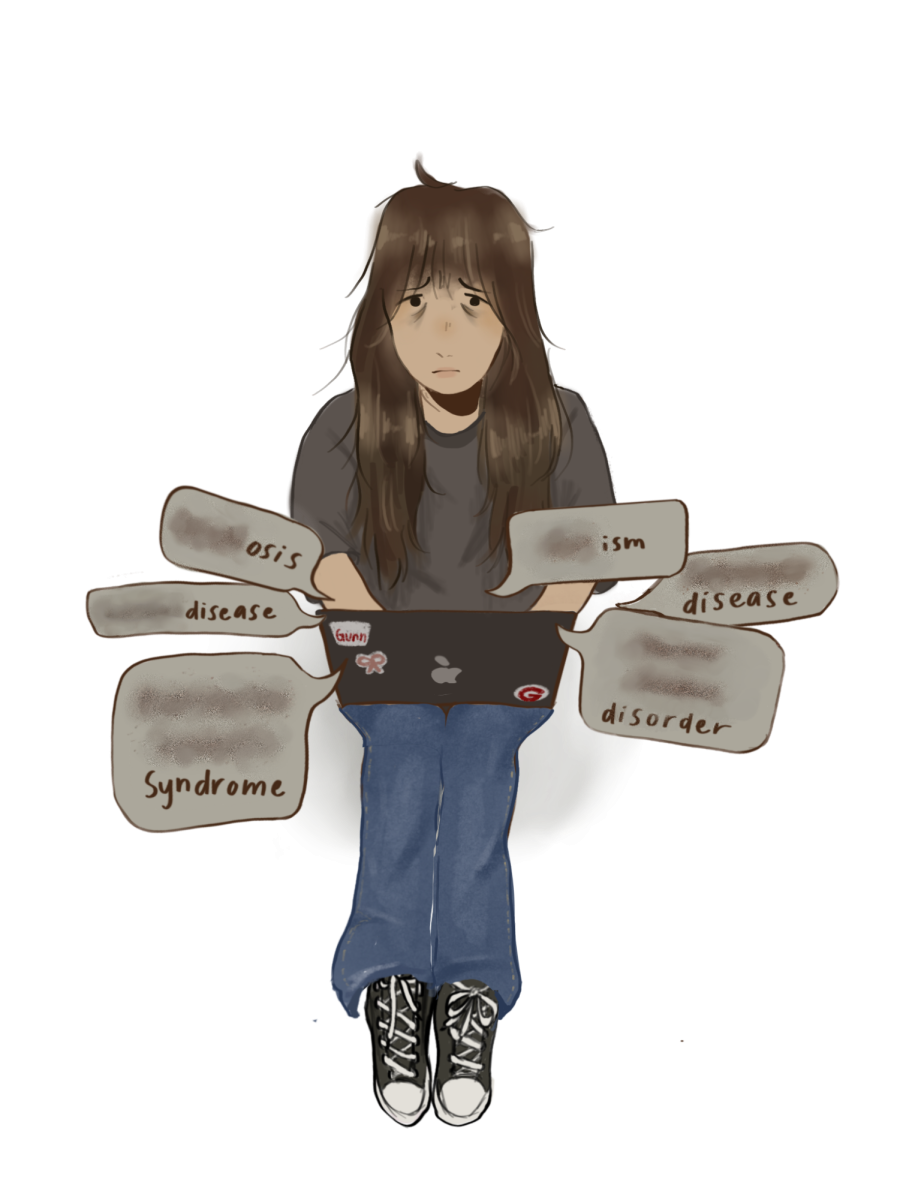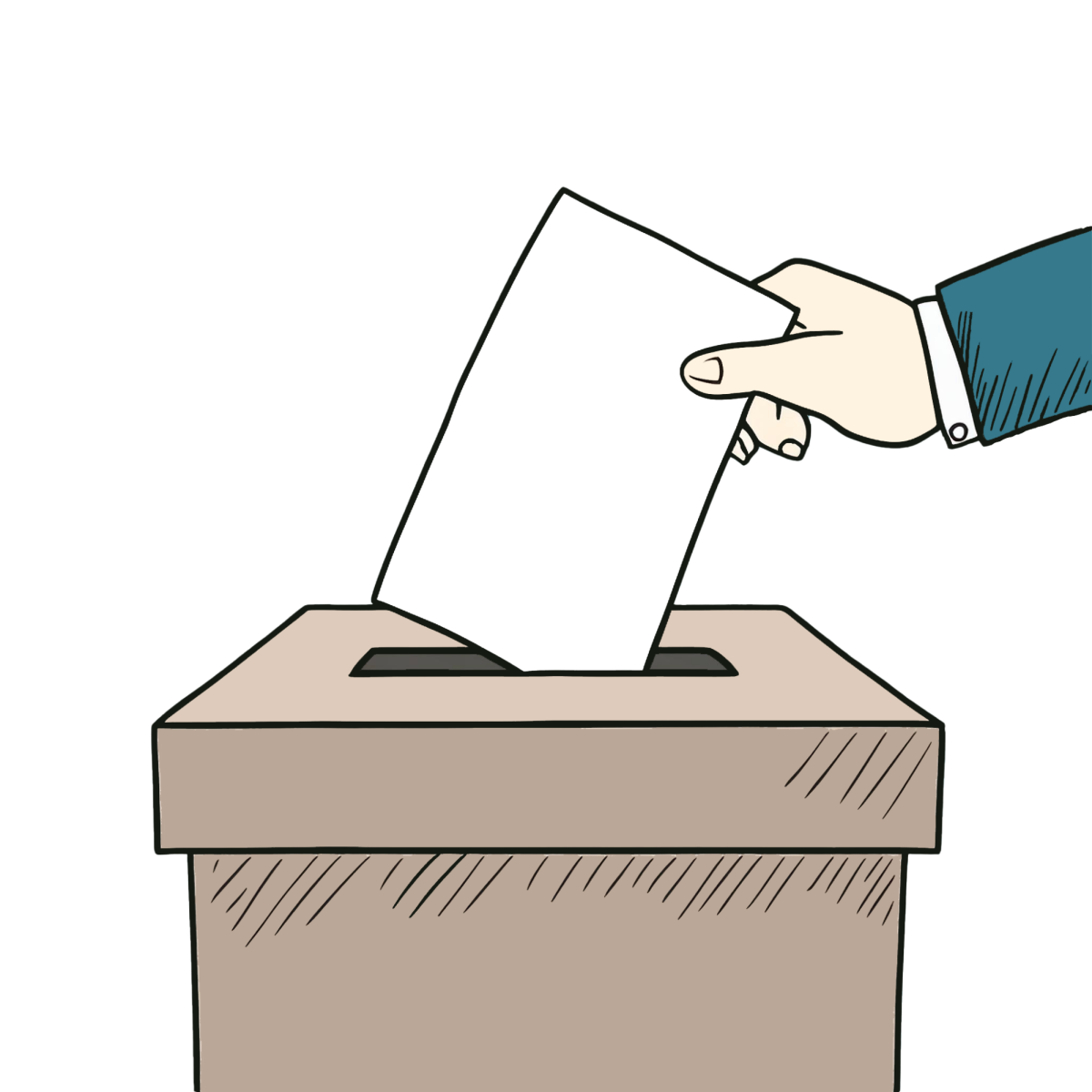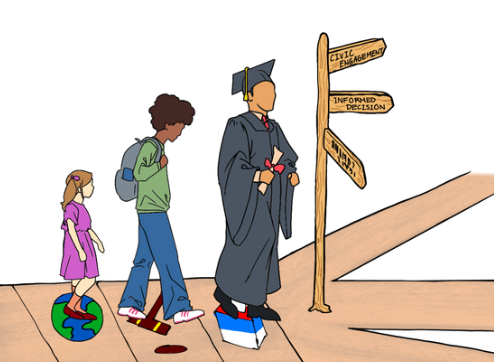Written by Jenna Marvet
President Donald Trump shames news media, often blaming news agencies for propagating “fake news.” While his claims have been broad and reached beyond the truth, they have brought a real issue to the attention of many Americans: a lack of media literacy and an overly-trusting view of certain news agencies in the United States. A study conducted at the Stanford Graduate School of Education found that 30 percent of 7,804 high school and middle school students thought a fake news site was more trustworthy than a verified news site, and only a quarter of the students recognized and explained the significance of a verification check mark. During this turbulent time for news agencies, who are under scrutiny with the rise of actual fake news, and students’ malleable opinions at young ages, adults must educate students on media literacy at a young age to ensure that future generations are able to craft their own educated decisions and perspectives based on trustworthy sources.
What comes to mind when many Americans think of news is the image of the floating heads of political pundits blaring their opinions on a certain topic, whether it be on CNN, Fox or MSNBC. For students who are looking for more deeply-researched news articles, investigative journalism is available on sites such as ProPublica, Center for Public Integrity and Real Clear Investigations. In modern history, investigative journalism has revealed corruption on local, state and national levels such as the Boston Globe’s reports on sexual abuse by priests and the Washington Post’s reveal of Nixon’s Watergate scandal. Adults should use these examples to educate youth about impactful and reliable journalism.
Both investigative reporting and the act of fact-checking by news agencies have become more popular with the mainstream audience over the past year, keeping political figures accountable and the general population educated on the truth. During the election, events from stump speeches to national debates were meticulously fact-checked by a growing number of news agencies. In these cases, news media does inform the consumer and keep politicians and other public figures accountable.
While President Trump may argue that certain news agencies have inherent biases, it is important for adults to teach students that, while it is important to be critical of the sources of information, one should not group every news agency that publishes truthful stories that may not cater to their specific view into the category of “fake news.” To ensure an educated generation, adults must take it upon themselves to expose students to news that keeps them informed and allows them to make educated opinions, as well as teaching students how to find reliable sources of news media. This should start at home with parents: simple exposure to news, such as having a newspaper or printed articles available to children, will ensure that they are growing up with an understanding of print media. Discussing these articles together and talking about whether the source is credible or not will help the child understand what they are consuming and how to be critical when looking at news articles.
While some media literacy is taught in schools, it should be more intensive. Proper citations for research should always be required, and current events should be shared regularly. English classes, and perhaps Living Skills, can teach students how to choose reliable sources and how to be a mindful consumer of news media.
While President Trump’s statements regarding the news have been jarring, they have set in motion a new generation of media literate consumers. It is important that adults educate the next generation on how to make critical decisions about their news media so that they can craft their own opinions and understandings without falling prey to unreliable and biased sources.










